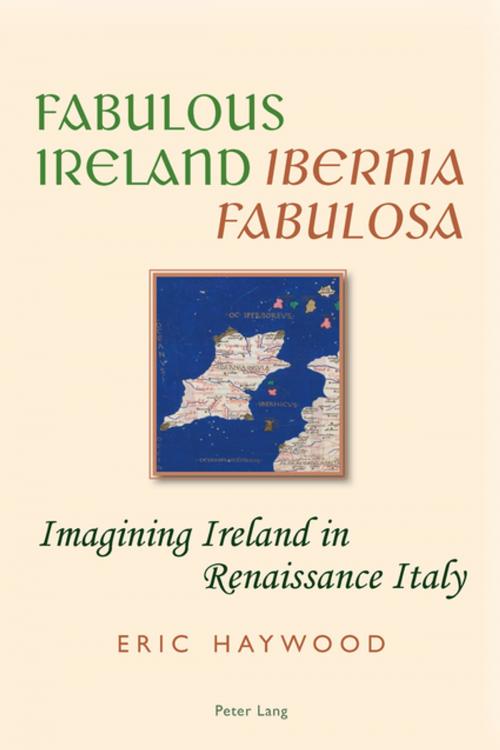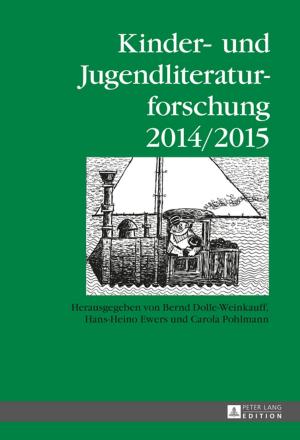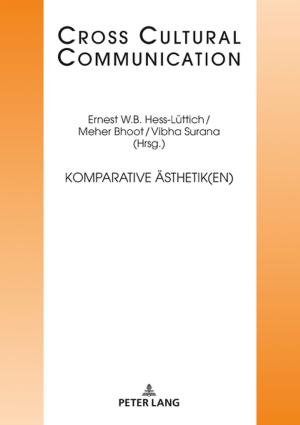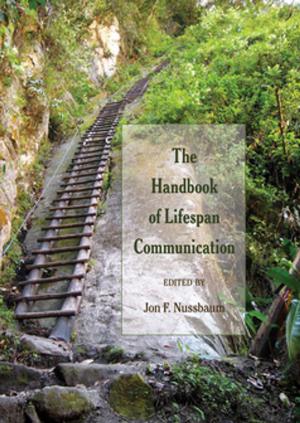Fabulous Ireland- «Ibernia Fabulosa»
Imagining Ireland in Renaissance Italy
Fiction & Literature, Literary Theory & Criticism, European, Italian, Nonfiction, Reference & Language, Foreign Languages, Science & Nature, Science, Earth Sciences, Geography| Author: | Eric Haywood | ISBN: | 9783035398472 |
| Publisher: | Peter Lang | Publication: | April 14, 2014 |
| Imprint: | Peter Lang AG, Internationaler Verlag der Wissenschaften | Language: | English |
| Author: | Eric Haywood |
| ISBN: | 9783035398472 |
| Publisher: | Peter Lang |
| Publication: | April 14, 2014 |
| Imprint: | Peter Lang AG, Internationaler Verlag der Wissenschaften |
| Language: | English |
According to Petrarch, the Father of the Renaissance, Ireland was almost as well known to the Italians as Italy itself. Visiting Ireland from the comfort of their armchairs, his followers thus knew for a fact that the Irish ate their fathers and slept with their mothers, were welcoming and inhospitable, and were the best and the worst of Christians, and that Ireland was home to St Patrick’s Purgatory, where you could visit the otherworld, save your soul and your business, and locate your missing relatives.
This book examines Italian descriptions of Ireland in the context of the Renaissance rediscovery of ancient culture and reinvention of geography and historiography, the fashioning of the self and the other, and travel writing. The author argues that the intellectuals of the time were more interested in ‘truth for’ than in ‘truth about’ and that they imagined Ireland differently in different circumstances, populating it with their own fantasies, so that its otherness would pose no threat to their sense of self.
According to Petrarch, the Father of the Renaissance, Ireland was almost as well known to the Italians as Italy itself. Visiting Ireland from the comfort of their armchairs, his followers thus knew for a fact that the Irish ate their fathers and slept with their mothers, were welcoming and inhospitable, and were the best and the worst of Christians, and that Ireland was home to St Patrick’s Purgatory, where you could visit the otherworld, save your soul and your business, and locate your missing relatives.
This book examines Italian descriptions of Ireland in the context of the Renaissance rediscovery of ancient culture and reinvention of geography and historiography, the fashioning of the self and the other, and travel writing. The author argues that the intellectuals of the time were more interested in ‘truth for’ than in ‘truth about’ and that they imagined Ireland differently in different circumstances, populating it with their own fantasies, so that its otherness would pose no threat to their sense of self.















